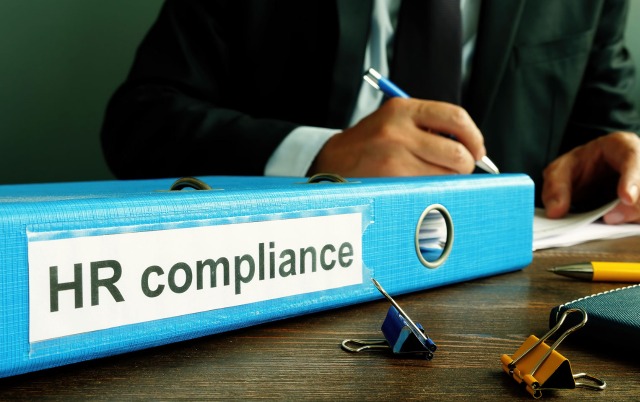Employment laws and regulations can be overwhelming for any business. But with an HR Compliance Calendar, you'll be armed with a powerful tool to tackle employment-related deadlines this year.
Whether you're anticipating deadlines like Form W-2 or benefit plan filing, or bracing for unpredictable events like new hires or workplace injuries, a compliance calendar can help you stay organized and avoid workplace disruptions that can arise from noncompliance.
Knowing what your business is required to do and when is the best way to stay compliant. The HR Compliance Calendar includes a month-by-month summary of key compliance deadlines and helpful reminders for compliance tasks to complete throughout the year. It also helps you anticipate deadlines for dynamic compliance tasks, which only occur when certain events happen.
Have compliance questions? Reach out to HANYS Benefit Services today.
This calendar is not intended to be exhaustive nor should any discussion or opinions be construed as legal advice. Readers should contact legal counsel for legal advice. © 2023 Zywave, Inc. All rights reserved.

